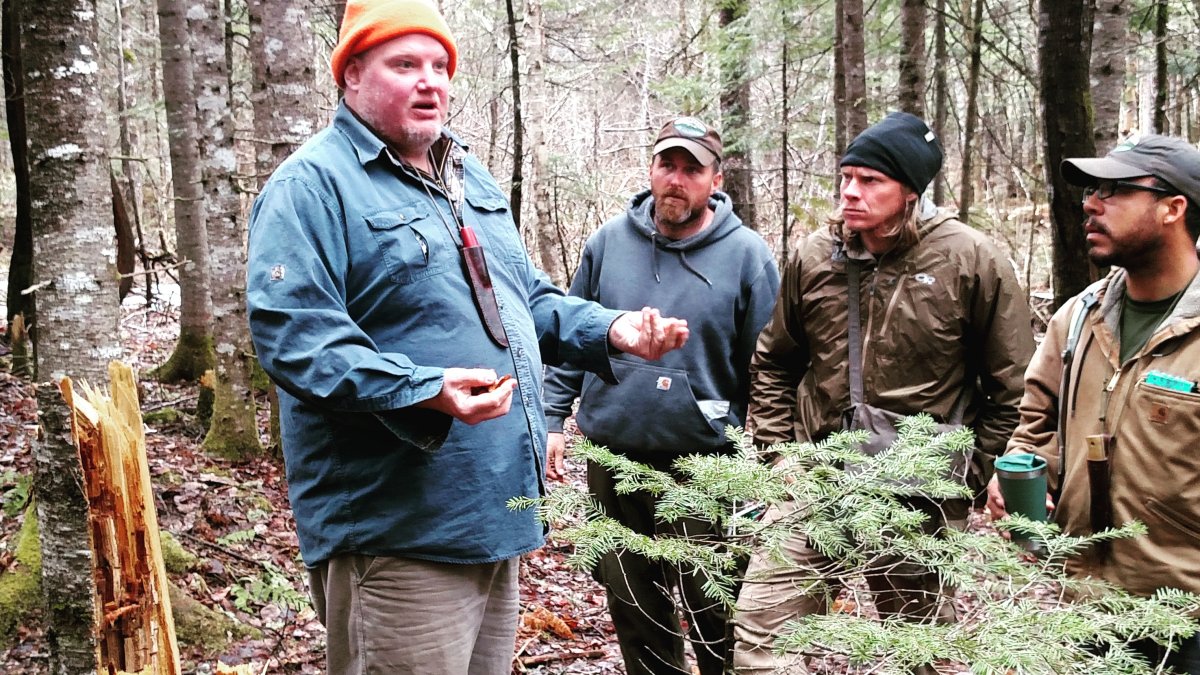Life at the field school is a chance to see what living with low infrastructure looks like in practice. This provides students with an opportunity to get insight into our systems and how, when they’re managed well, life is pretty easy. However, those systems require careful management in order to function properly. The property is not only our home for a good portion of the year. It also functions as a classroom, and a place fo students to interact with the flora and fauna that also call the north woods of Maine home.
Sounds pretty ideal right? It is, but as previously mentioned, it requires upkeep and management in order for those functions to not bleed into each other. For example, on a past semester we had a student who absent mindely left food, or uwashed dishes out in group spaces. While this was potentially a health issue for all participants, the greater concern was that animals started associating our pavillion and other spots on campus with food. It culminated in a racoon ripping apart students backpacks in the pavilion looking for the food she’d become accustomed to finding there. Had the problem persisted, we’d likely have had to either trap, or dispatch the animal. We’re also lucky it was just a racoon, and not one of the bigger animals on our landscape like coyotes or a black bear. The danger here is two fold. As already discussed, the first is animals starting to associate our teachning and living areas with food, the second is the health of the students and instructors living on campus. We live in pretty close quarters, day in and day out for nine weeks. If one of us gets sick, the reality is that the rest of the group probably will too.
It’s easy to get lazy when living outdoors, but if you think of the property as either your home, or a place you’re a guest in the standards make more sense. You wouldn’t leave dishes strewn about your house, and you’d likely be even more meticulous if someone had invited you to stay with them. Benjamin Franklin had a saying that stated: “guests, like fish, begin to smell after three days”. In our case, that’s potentially not a metaphor. We want students to feel at home on the property, but that doesn’t mean that we can allow less than ideal hygiene habits to affect the health of our group, or the lives of the animals that live around us. If you’re coming for a course with us, take a hard look at your daily habits, think about how those could potentially affect people and wildlife, and work to adjust them accordingly. Well managed, life on a course is easy. Poorly managed, it can be a challenge for students and instructors alike. Come ready to respect the land that is your temporary home, and the people you’ll be living with for the duration.








